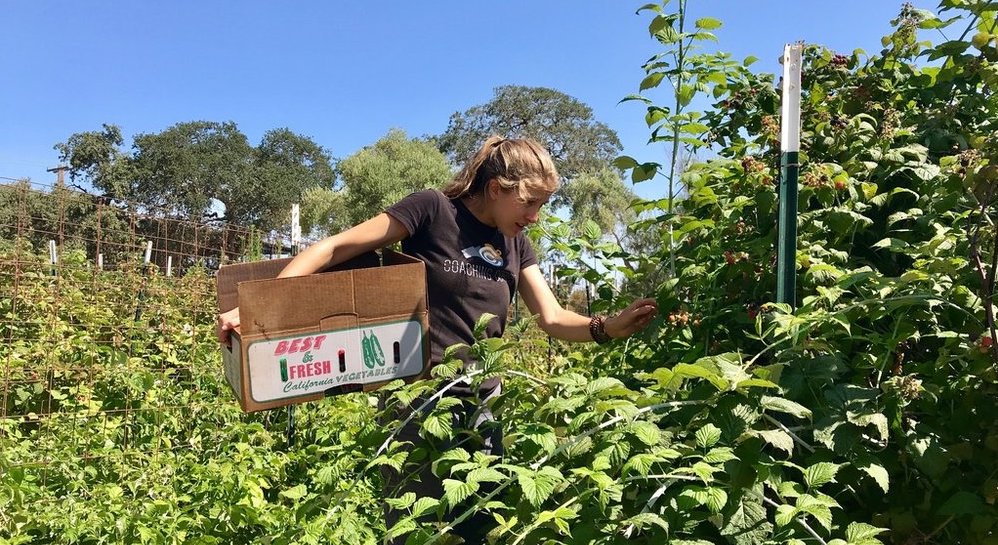For suggested concentration courses, click here.
The creation of our global food supply is essential for human life and health, yet it takes a significant toll on the environment, and contributes substantially to climate change.
Dietary patterns can sustain health or increase the risks of disease. Many illnesses are associated with specific dietary patterns, including several forms of cancer, cardiovascular diseases, malnutrition & starvation, food allergies & intolerances, diet and endocrine disruption, digestive disorders such as celiac disease, diabetes, obesity, and chronic respiratory illnesses.
Students may focus on many topics including: trends in malnutrition and starvation, biological diversity loss, climate change threats, pesticides, pharmaceuticals, genetically modified food, microbial contamination, global dietary convergence, plant vs. animal protein sources, dietary energy efficiency, diet and climate change, plastic food packaging, chemical residues & health hazards, perennials vs. annual crops, local food, and food waste.
Policy and legal topics might include: injustice, prohibited vs. regulated practices & chemicals; food certification, regulation as trade barriers, crop subsidies, ingredient disclosure, labeling requirements & restrictions, standards of identity, subsidies & taxes, worker safety standards, animal welfare standards, territorial designations of origin, food fraud, preemption, defamation, liability, and compensation.

